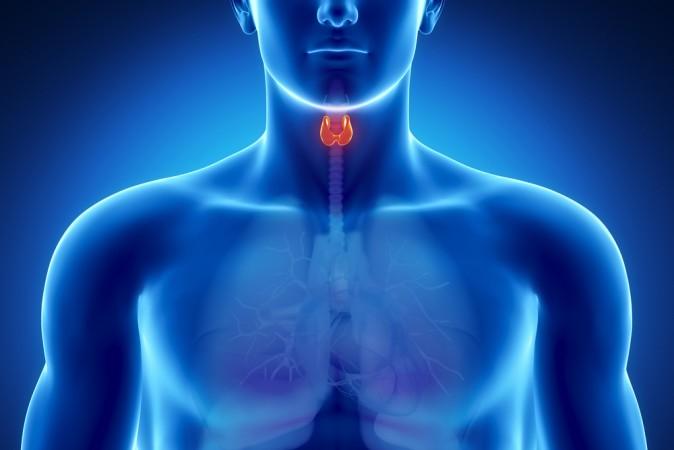What body systems does the thyroid affect?
Dr. Ann Corson: The thyroid hormone acts on all tissues of the body. Virtually every aspect of cell growth and differentiation, the utilization of vitamins, minerals, amino acids, carbohydrate and lipid metabolism, and other hormones are regulated to some extent by the thyroid hormone. Nutritional deficiencies and chronic illnesses can affect the production of the thyroid hormone.






